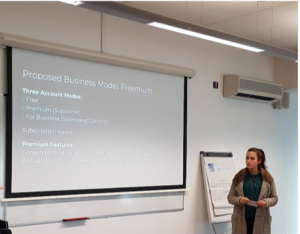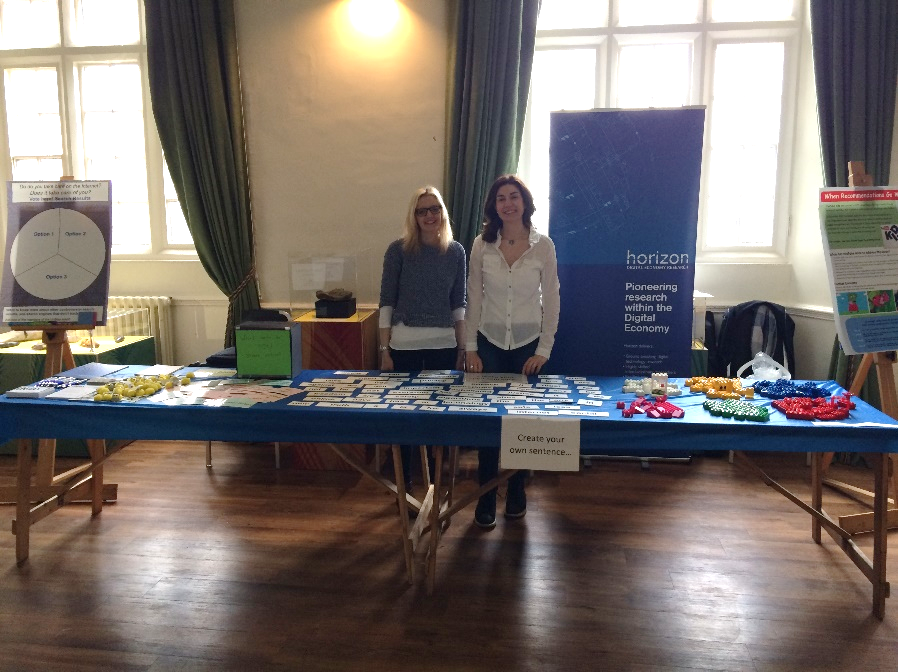Earlier this year the UnBias team ran its first Ethical Hackathon. These are a new kind of event developed by members of the Human Centred Computing theme at Oxford. They works as a twist on the traditional hackathon; by building on principles of responsible innovation, our ethical hackathons are geared towards forefronting ethical issues alongside design ones in the completion of a task.

In the ethical hackathon teams work together to carry out a competitive design task. In addition to thinking about technical features of design they are required to address the social and ethical implications of the particular technology involved. They are challenged to identify novel and creative solutions that embed ethical considerations into their design. Teams are interdisciplinary so that they can share expertise and learn from each other in a fun environment. They are then assessed by a panel of experts who judge the technical quality of their work alongside how well they have worked together to identify and address ethical concerns.
Continue reading UnBias EthicAl Hackathon! →
‘Do you take care on the internet? Does it take care of you?’


We were very pleased to take part in Science in the Park 2018 last Saturday 10th March, which was held at the beautiful Wollaton Hall in Nottingham and organised by the British Science Association.
Hundreds of people attended this free event that offered a very diverse and fun programme with lots of hands-on activities and demonstrations on different topics: life sciences, astronomy, chemistry, physics, psychology, natural history, engineering, etc.
Continue reading UnBias at SCIENCE IN THE PARK! →

On March 5th and 6th UnBias had the pleasure of participating in a workshop that was organized to signal the launch of the European Commission’s Joint Research Center’s HUMAINT (HUman behaviour and MAchine INTelligence ) project.
The HUMAINT project is a multidisciplinary research project that aims to understand the potential impact of machine intelligence on human behaviour. A particular focus of the project lies on human cognitive capabilities and decision making. The project recognizes that machine intelligence may provide cognitive help to people, but that algorithms can also affect personal decision making and raise privacy issues.
Continue reading European Commission initiatives to explore regulatory requirements for AI →
Emancipating Users Against Algorithmic Biases for a Trusted Digital Economy
![]()



